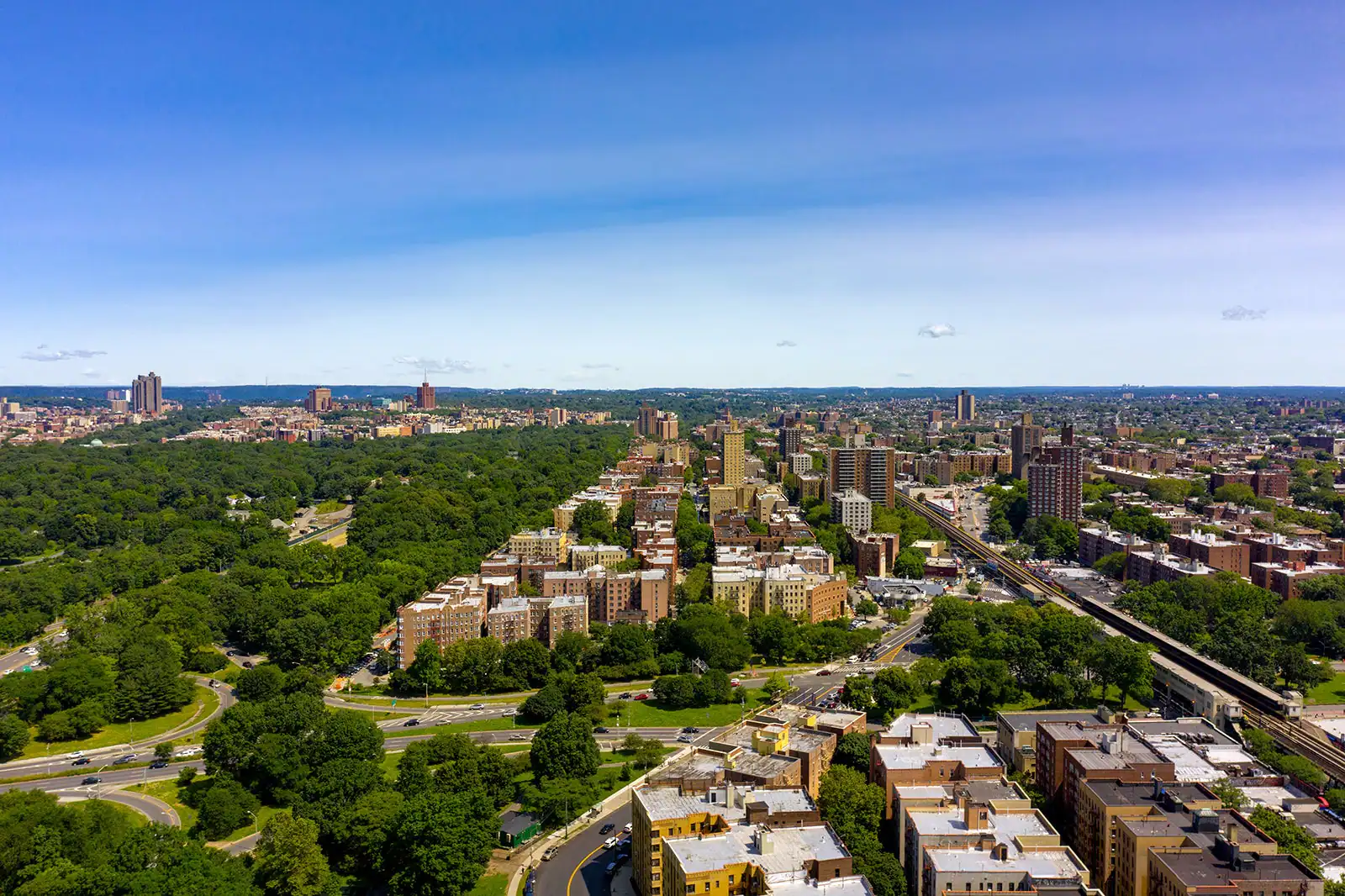
Drug & Alcohol Rehab and Detox Options in Long Island, NY: Local Resources
Local Resources & Information for Addiction Treatment. If you are in the Long Island area and need help now, call today!

Addiction Treatment & Detox is available in Long Island, NY
Substance abuse is a serious problem that affects many in Long Island. But, there is good news – there are many opportunities for individuals struggling with substance use disorders to receive the treatment and support they need to beat addiction.
Whether it’s through outpatient or inpatient rehabilitation programs, counseling, medication-assisted treatment, or community support groups, Long Island has many options for those seeking help. With the right care, resources, and support, individuals can overcome the obstacles of addiction and take the necessary steps toward long-lasting recovery.
Types of Addiction Treatment in Long Island, NY
Dual diagnosis, also known as co-occurring disorders, is a condition where an individual is struggling with substance abuse and a mental health disorder.[1] It is a complex situation and requires a comprehensive treatment approach that targets both addiction and mental health issues.
Below are some of the available treatment options that can be found on Long Island:
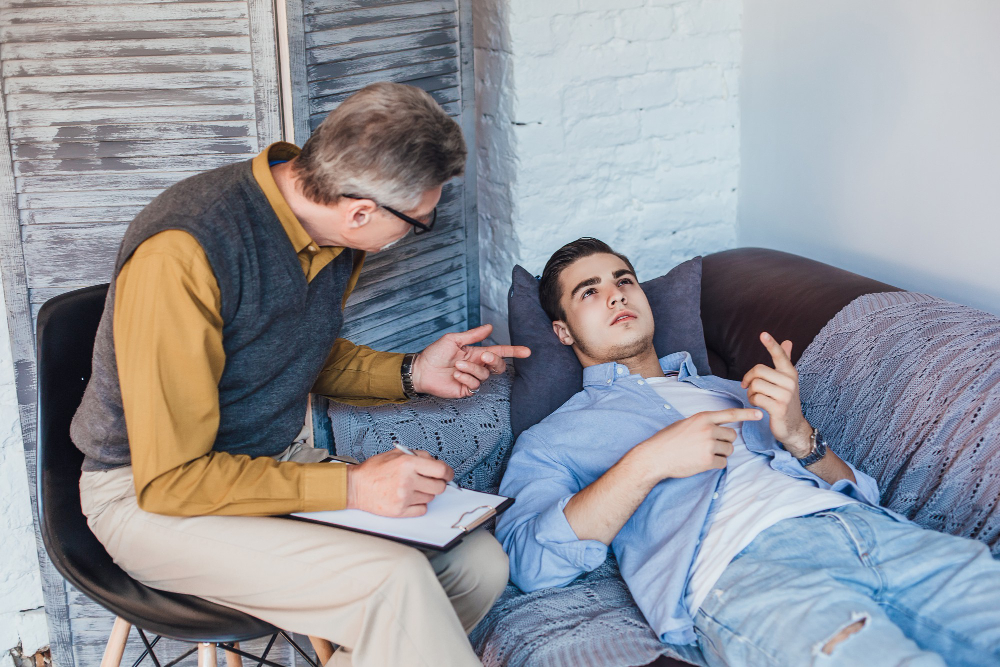
Integrated Treatment
Integrated treatment is a comprehensive approach where both addiction and mental health disorders are treated simultaneously at our drug rehab in NYC. The objective of this treatment is to address the root cause of the addiction and the mental health condition so that the person can achieve long-term recovery.
Integrated treatment is considered the gold standard of addiction treatment programs because it provides a holistic approach to recovery. This model addresses both mental health and addiction issues in a way that is personalized to the individual.
Through individual therapy, group therapy, and therapy designed to incorporate family members, integrated treatment allows you to focus on personal healing and wellness.

Behavioral Therapy
Behavioral therapy is widely used to treat dual diagnosis. Evidence-based therapies, such as Cognitive Behavioral Therapy (CBT), Dialectical Behavioral Therapy (DBT), and Motivational Interviewing (MI), are used to help individuals change their negative thought patterns and behaviors. Behavioral health therapy focuses on developing coping mechanisms to manage triggers, cravings, and symptoms.

Medication-Assisted Treatment
Medication-assisted treatment is a comprehensive treatment approach that uses medication to manage mental health and substance abuse disorders. Medications are used to both alleviate symptoms of the mental health condition and reduce cravings for drugs or alcohol. Medications like buprenorphine, naltrexone, and methadone are commonly used in medication-assisted treatment for substance abuse disorders.

Medical Detox
One of the first steps in most treatment programs is detox. During detox in New York, individuals will undergo the withdrawal process in safety and comfort while supervised by trained medical professionals. The withdrawal process is often hard and sometimes dangerous, so these professionals are necessary to ensure a safe start to recovery.

Alternative Therapies
Alternative therapies, such as yoga, meditation, and art therapy, can help to reduce stress, anxiety, and depression. These therapies promote mindfulness and relaxation, which can be helpful in dual diagnosis treatment. Alternative therapies help individuals develop an awareness and understanding of their emotions, which is an important aspect of the recovery process.

Intensive Outpatient
Intensive Outpatient (IOP) programs in NYC combine the flexibility of outpatient treatment with the structure of residential treatment. Individuals live at home while undergoing a strict treatment schedule to ensure ongoing and lasting recovery.
How to Choose a Drug & Alcohol Rehab Center or Detox in Long Island, NY
If you or a loved one is struggling with addiction, finding the right rehab center[2] can be the first step toward recovery. But how do you choose the right rehab center in Long Island? Here are some factors to consider:
Here are some factors to consider when choosing a recovery center:
- Treatment Programs – Rehab centers offer different types of treatment programs, including inpatient, intensive outpatient, detox, and therapy. Choose a rehab center that offers the type of program that best meets your needs.
- Location – Choosing a rehab center that is close to home or work can make it easier for you to attend treatment sessions and stay engaged in the program.
- Staff Experience – Check the credentials and experience of the recovery center staff, including counselors, therapists, and physicians. You want to ensure that the addiction treatment center is accredited and that the staff members are licensed and have experience treating people with addiction.
- Cost and Insurance – Look for a rehab center that accepts your insurance or has payment plans that fit your budget. Also, be sure to get a detailed breakdown of the costs and what is included in the program.
- Facilities and Amenities – Check out the facilities and amenities offered by the rehab center. Do they have comfortable rooms, quality bedding, nutritious meals, and recreational facilities? All these are important for a comfortable and relaxing experience during treatment.
- Success Rates – Look for a rehab in Long Island, New York, with a track record of success. Check for reviews and ratings from former patients or from online sources like Google or Yelp.
Sober Living Houses in Long Island
Sober living houses in Long Island offer a structured and supportive living environment for individuals recovering from drug addiction or alcohol addiction. Residents are expected to uphold house rules, attend meetings, and maintain a job or educational program, which helps instill accountability and responsibility.
Sober living houses provide a supportive community, opportunities to develop new life skills and coping mechanisms, and access to additional support services, such as counseling and therapy. Overall, sober living houses are an excellent option for those serious about maintaining sobriety.
Contact Admissions Today

Emergency Services for Addiction in Long Island, NY
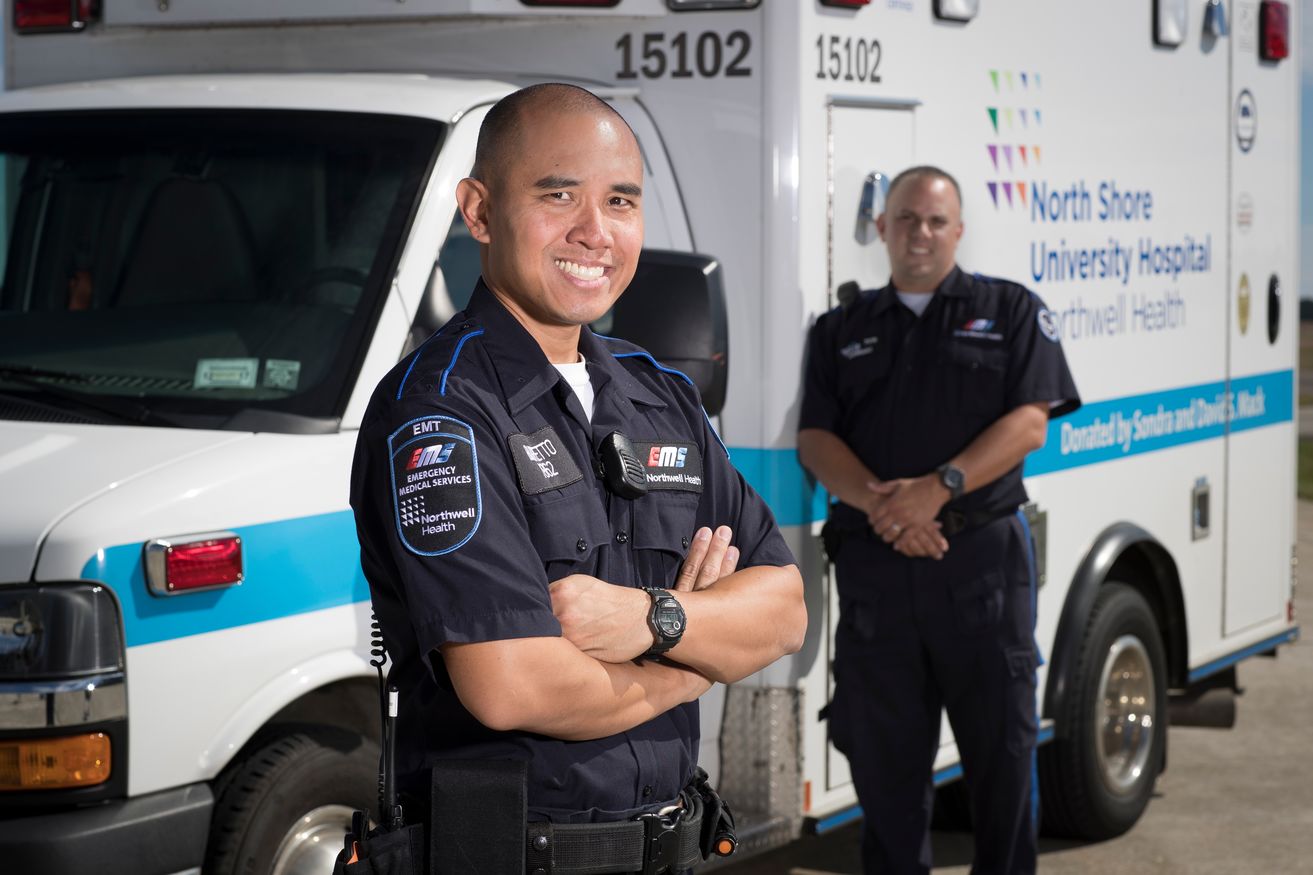
Northwell Health Center for Emergency Medical Services (Ambulance)
15 Burke Ln, Syosset, NY 11791
Open 24 Hours
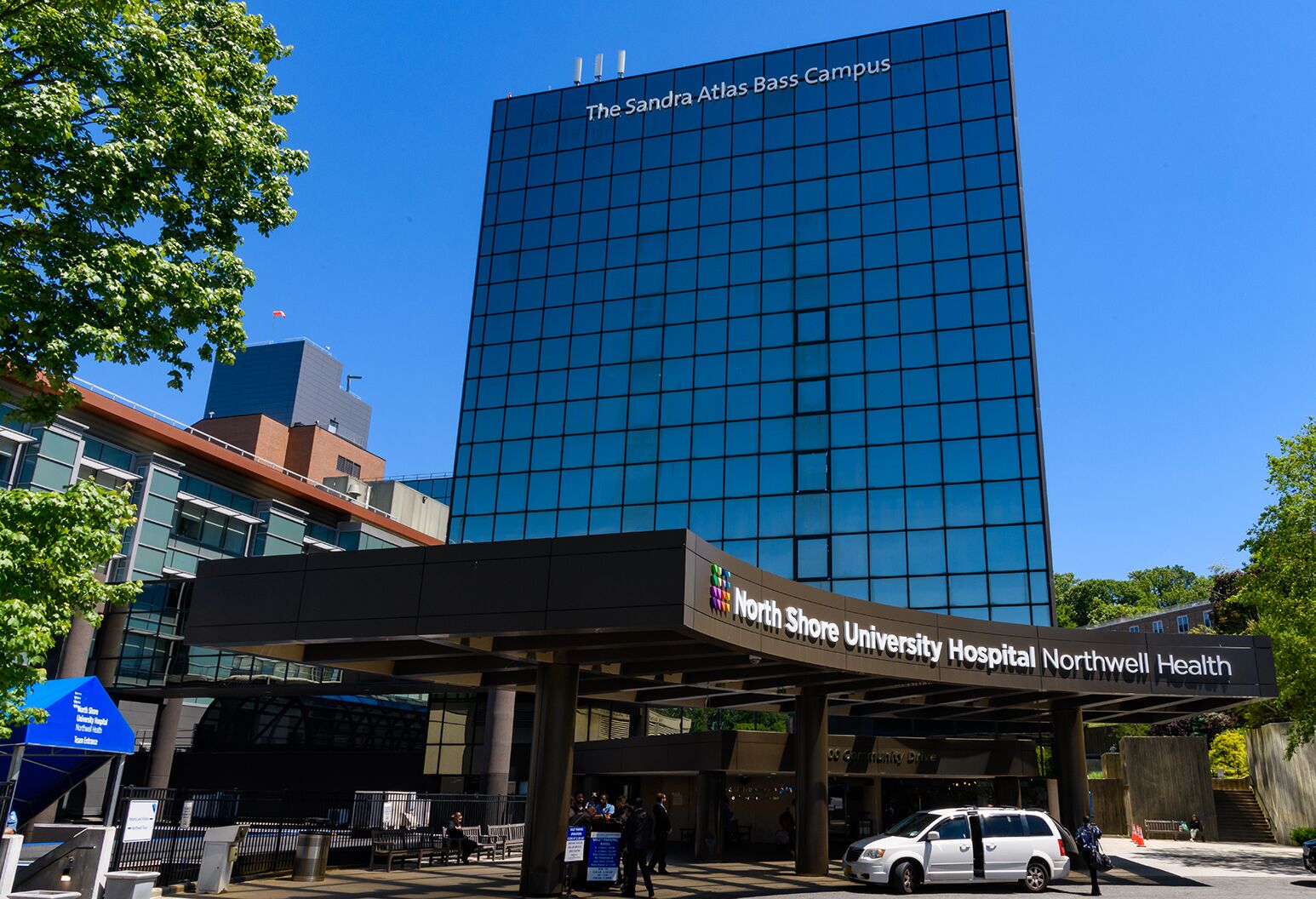

Nassau County Police Department
7700 Jericho Turnpike, Woodbury, NY 11797
Open 24 Hours
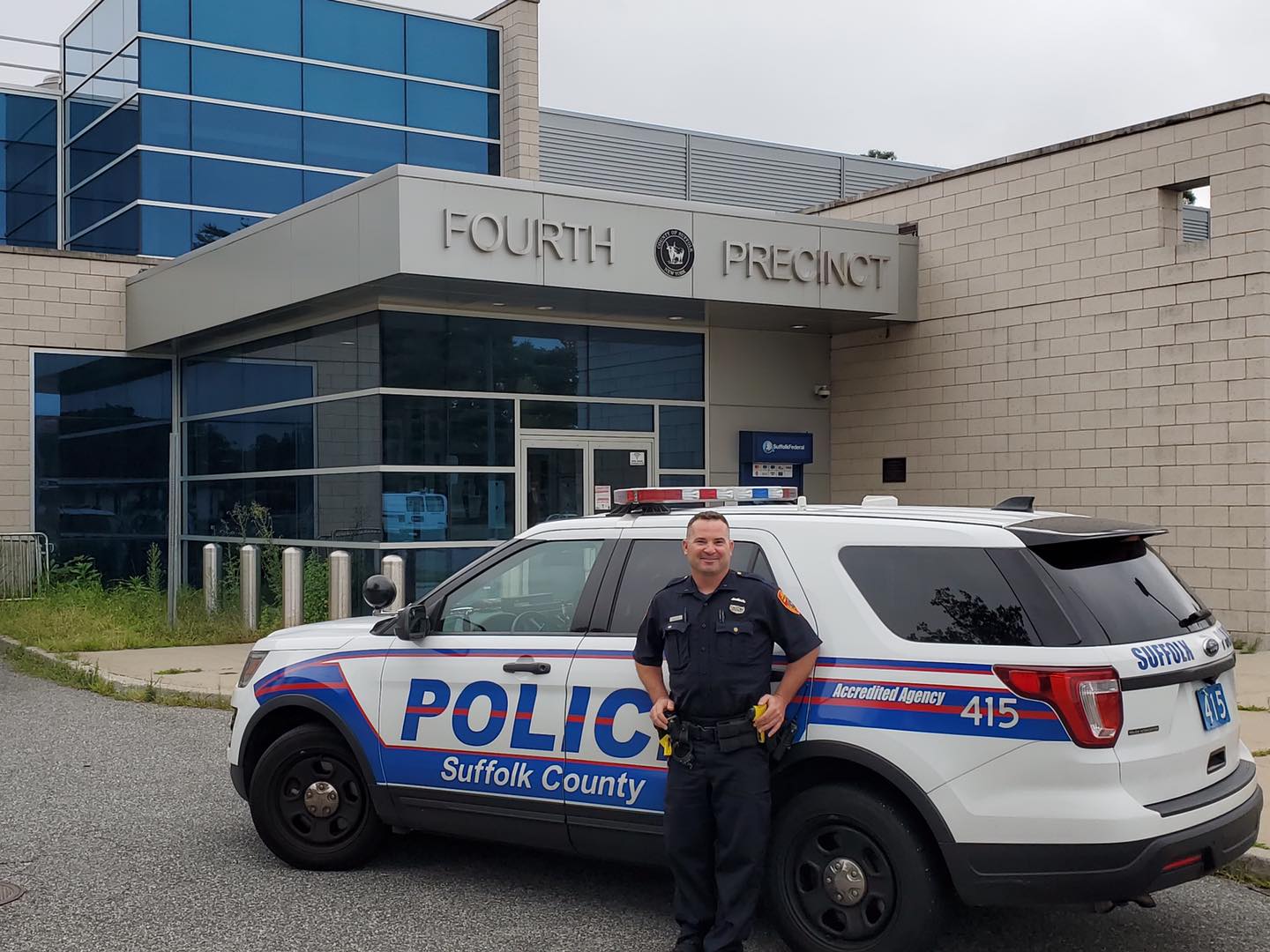
Suffolk County Police Department
555 Babylon Farmingdale Rd, West Babylon, NY 11704
Open 24 Hours
Community Resources for Mental Health & Addiction

Local Long Island, NY Stats You Need to Know
The opioid epidemic is affecting many Long Island residents, with 20% of opioid-related deaths in New York occurring in the area.[1] In 2017, more than 3,200 people suffered fatal opioid overdoses in New York, and Suffolk County accounted for nearly 70% of Long Island’s opioid deaths.[2]
The Long Island community is also grappling with alcohol abuse, as drug and alcohol abuse was identified as a top health concern in a survey conducted by the Long Island Health Collaborative. The survey found that 17.4% of adults in the Nassau/Suffolk region self-reported binge drinking at least once in the last month. This was the lowest percentage reported in the last six years among Long Island residents.[3]
With these staggering statistics, it’s more important than ever before for individuals suffering from substance abuse to seek help. Fortunately, Long Island offers many resources for those struggling with drug abuse issues. From private counseling and support groups to inpatient treatment centers and sober living houses, there are many options for anyone trying to break free from the cycle.
Help for Addiction in Long Island, NY
Are you or someone you know struggling with addiction in Long Island? The relapse rates associated with substance use disorders range from 40% to 60%.[4] It’s critical to build the relapse prevention skills you need to rise above these statistics.
You’re not alone. Recovery can be a difficult road, but with the right support, it’s possible. Our team is here to offer guidance and resources for treatment services to help you or your loved one overcome addiction. Contact us today to learn about the various treatment options available and take the first step toward reclaiming your life.

Paying for Drug & Alcohol Rehab in Long Island, New York
Paying for Long Island addiction treatment can be overwhelming for people who cannot afford it. However, several local non-profit organizations and national programs can help them be financially capable of receiving treatment.
The Long Island Council on Alcoholism and Drug Dependence (LICADD) offers a financial assistance program that provides help based on income for both outpatient and inpatient services.
Certain healthcare providers may also offer discounts or payment plans to individuals with limited resources. Individuals should contact the respective treatment center for more information on potential financial assistance programs that are available.
Frequently Asked Questions About Attending Drug Rehab in Long Island, New York
Long Island rehabs offer a range of addiction treatment options, including detox, outpatient treatment, residential treatment, and aftercare services. Patients can receive customized treatment plans based on their unique needs and circumstances.
Many drug treatment centers on Long Island accept insurance, but coverage can vary greatly depending on your plan. It’s important to contact your insurance provider to find out what your policy covers in terms of addiction treatment.
The length of rehab can vary depending on the individual and the specific treatment plan. Typically, rehab lasts between 30 and 90 days. However, in severe cases, treatment can last up to a year or more. Rehab programs are designed to provide the patient with the necessary skills and tools to sustain long-term sobriety.
Most rehab facilities allow visitors, but there may be restrictions on when and how often visitors can come. It’s best to check with the specific rehab facility to find out their policies on visitors.
The rehab process typically begins with an intake assessment, which helps clinicians develop a customized treatment plan for the patient. From there, patients may enter detox, participate in therapy sessions and group meetings, and work on developing healthy coping skills for life after rehab.
Other Nearby Locations
[1][2][3]Long Island Health Collaborative. (n.d.). Substance Abuse in Long Island: From Opioids to Alcohol. Retrieved from www.lihealthcollab.org
[4] U.S. Department of Health and Human Services. (2023, March 9). Treatment and recovery. National Institutes of Health. Retrieved from https://nida.nih.gov/publications/drugs-brains-behavior-science-addiction/treatment-recovery





